Embarking on a new lifestyle - how do I do it?
Who among us hasn't at least once in our lives decided to start a new habit and slipped back into the old one within a few days or weeks? Changing an already routine habit is difficult and requires active work. Sari Nuikki, an occupational health psychologist at Terveystalo, explains the anatomy of change and how quickly new lifestyles become habitual.
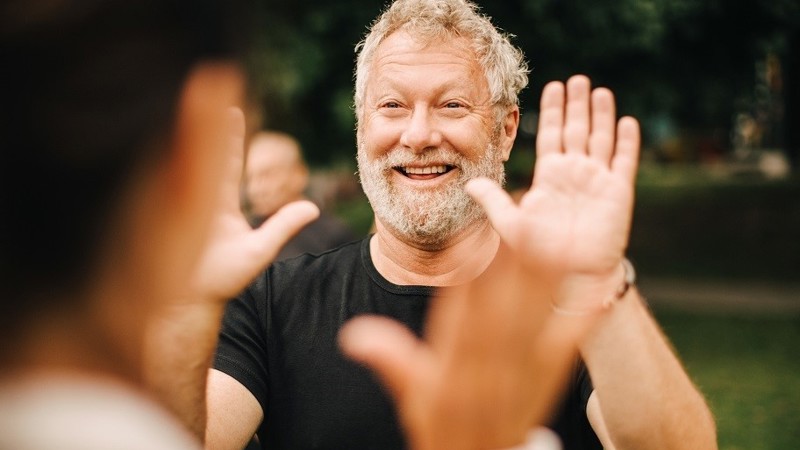
The formation of habits and changes in lifestyles have been widely studied by different research groups and around the world. The most famous study (Philippa Lally, Cornelia Gardener, Claire Deckers and Bas Verplanken, 2009) found that it takes on average about 66 days to adopt a new habit.
– 66 days means just over two months. In the hectic world of modern person, such a long period can feel unattainable and unmotivating, so it is best to break down the change into shorter 3-week periods: start a new habit, commit to it and ingrain it," says Nuikki.
I do this without having to consciously remember it
A habit is a behaviour that happens automatically without much thought. Establishing new habits requires multiple, consistent repetitions, which inevitably takes time. Changing a lifestyle is always about doing something new, not just about stopping an old habit: you have to start by actively remembering to make a choice in favour of a new habit rather than an automatic old one.
– Repetition is the key to forming a new habit. Research shows that repetitive behaviour in the same situation helps habits to become established," says Nuikki.
Learning takes time - a few slips don't destroy progress
Breaking habits is very difficult, because new habits do not erase old ones. So new habits have to become stronger to become automatic choices in the long term. Habit formation is theorised to be based not on external rewards or punishments, but rather on an individual's inner desire and purpose. According to Nuikki, when embarking on a journey of change, it is important to consider why change is important to you and what achieving it would enable you to do. Once we have set a goal that we feel is important to us, our motivation drives our behaviour towards it.
– There is no point in getting discouraged after a few days or weeks, even if the new habit is not yet the automatic choice. Breaking any habit is difficult and requires intrinsic motivation, which comes from innate enthusiasm. Think about the things you enjoy. Can you add elements of enjoyment to what you do?
When you want to create a new habit
1) Clearly define what you will do differently and in what situation
Choose a measurable goal that is challenging enough, but still achievable. Keep a record of the change so you can track your progress. For example, if you want to start exercising, you could set a goal to walk for 15 minutes three times a week. Small steps are easier to take and lower the threshold for starting.
2) Try to repeat a new activity consistently
Associate a habit with a specific event in your daily schedule to help establish a routine. For example, decide the context of the new habit, such as "at lunch I always drink a glass of water", when it doesn't matter where or what time you eat lunch. Over time, the new habit will start to form and require less and less effort.
3) Reward yourself and give yourself time
Successes in themselves are motivating. Notice them and enjoy even small successes. Feed your inner motivation by tracking your progress and reward yourself for your achievements along the way. Be kind to yourself if you don't succeed right away. Try to treat setbacks as learning experiences. Remember that a new habit only takes root once the old one has been learned from, and choosing a new habit no longer requires constant active thinking.
4) Maintain optimism for change
If you've made lifestyle changes in the past, think back to how you did and what strengths you drew on last time. Think about what might work for you now? Who could support you in making the change?
Read more articles

Four relaxation exercises for the whole family for the Christmas rush
Christmas can be a busy and hectic time for families with children. A moment of peace and quiet with your family is an invaluable opportunity to enjoy Christmas.
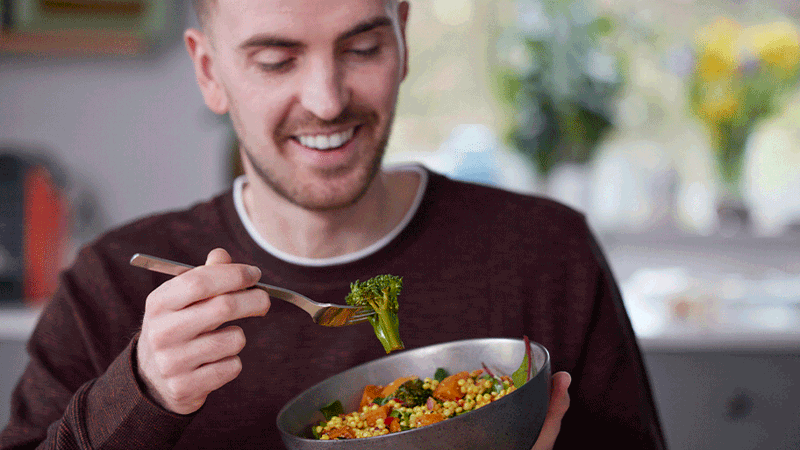
8+1 ways to improve your energy levels
Are you tired during the day or do you still have high blood pressure in the evening? Try these tips for a better state of alertness, advises doctor Sanna-Tuulia Mattilan from Terveystalo Focus Uni in Tampere.

Mental health-related absences reduced by 45% with brief psychotherapy - significant impact on other absences too
A study by Terveystalo* monitored the impact of brief psychotherapy for occupational health clients on sickness absence in 2019-2024.The study found that the use of brief psychotherapy reduced mental health-related sickness absence by 45% and other sickness absence by 19%. The study follows on from a similar study carried out 2 years ago and reinforces the importance of timely access to treatment for mental health symptoms.
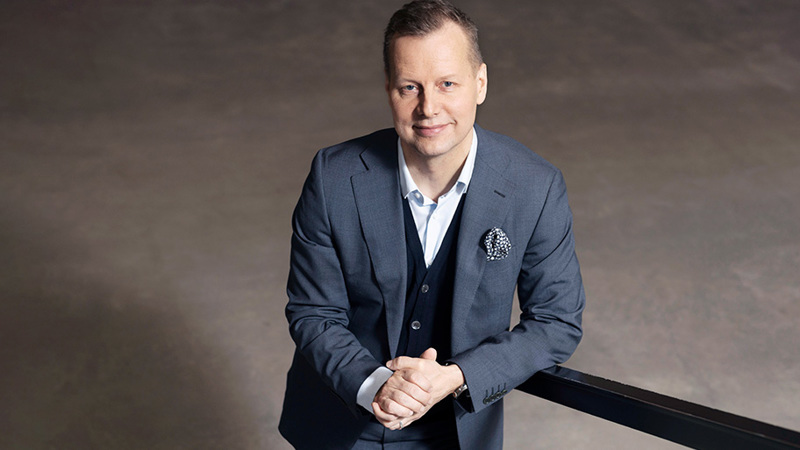
3 megatrends challenge wellbeing management and productivity: 'Fear of the paranoid is ever-present for managers'
The megatrends of the working life revolution and the productivity stagnation they are contributing to can be seen as concrete phenomena in Finnish workplaces. In the midst of the turbulence, both management and employees are wondering. But with good strategic leadership and partnership, human efficiency can be achieved.
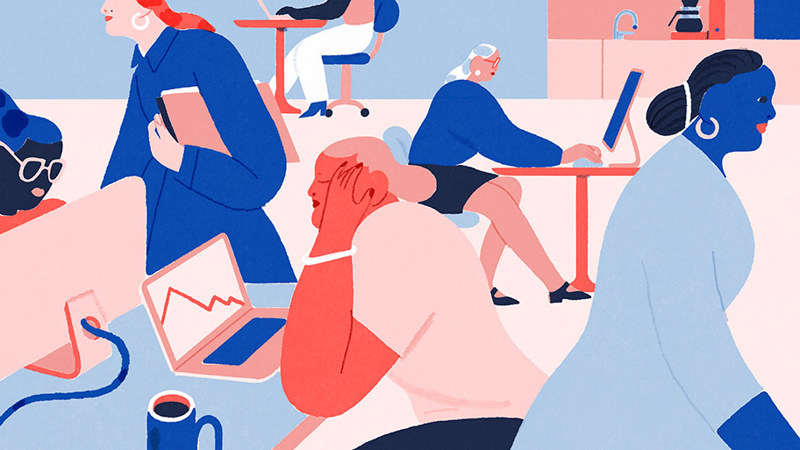
Menopause is a pricey taboo in the workplace
Are menopause the new glass ceiling? If careers are to be extended and full potential unlocked, the impact of menopausal symptoms on work ability and well-being must be taken seriously. Turning a blind eye is discriminatory and comes at a price.
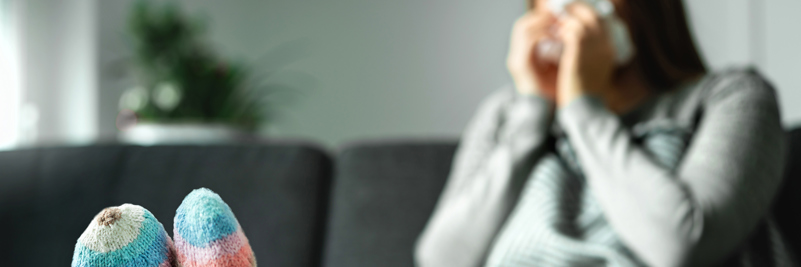
Influenza, Covid-19 or just a common cold – can you tell the difference between the symptoms and when to see a doctor?
The symptoms of influenza, flu and coronavirus can be very similar. Fortunately, you can also protect yourself against influenza with a vaccine.